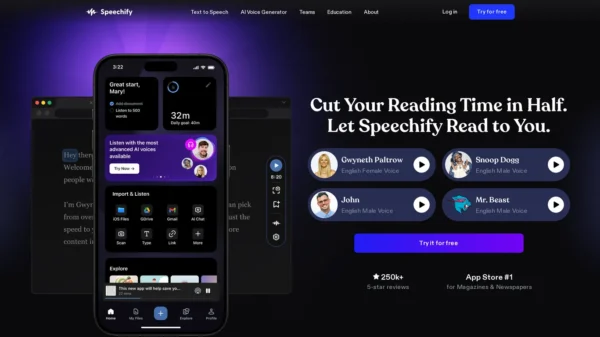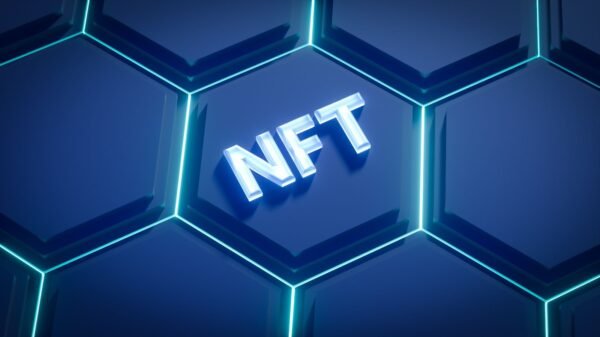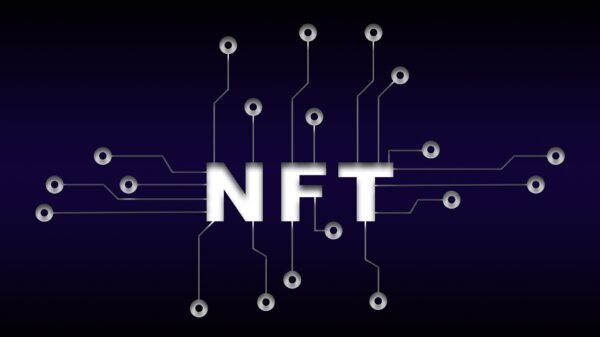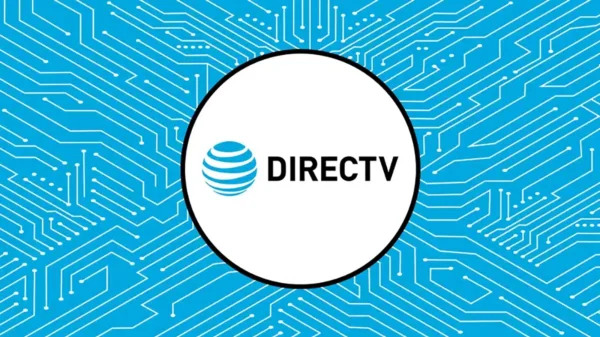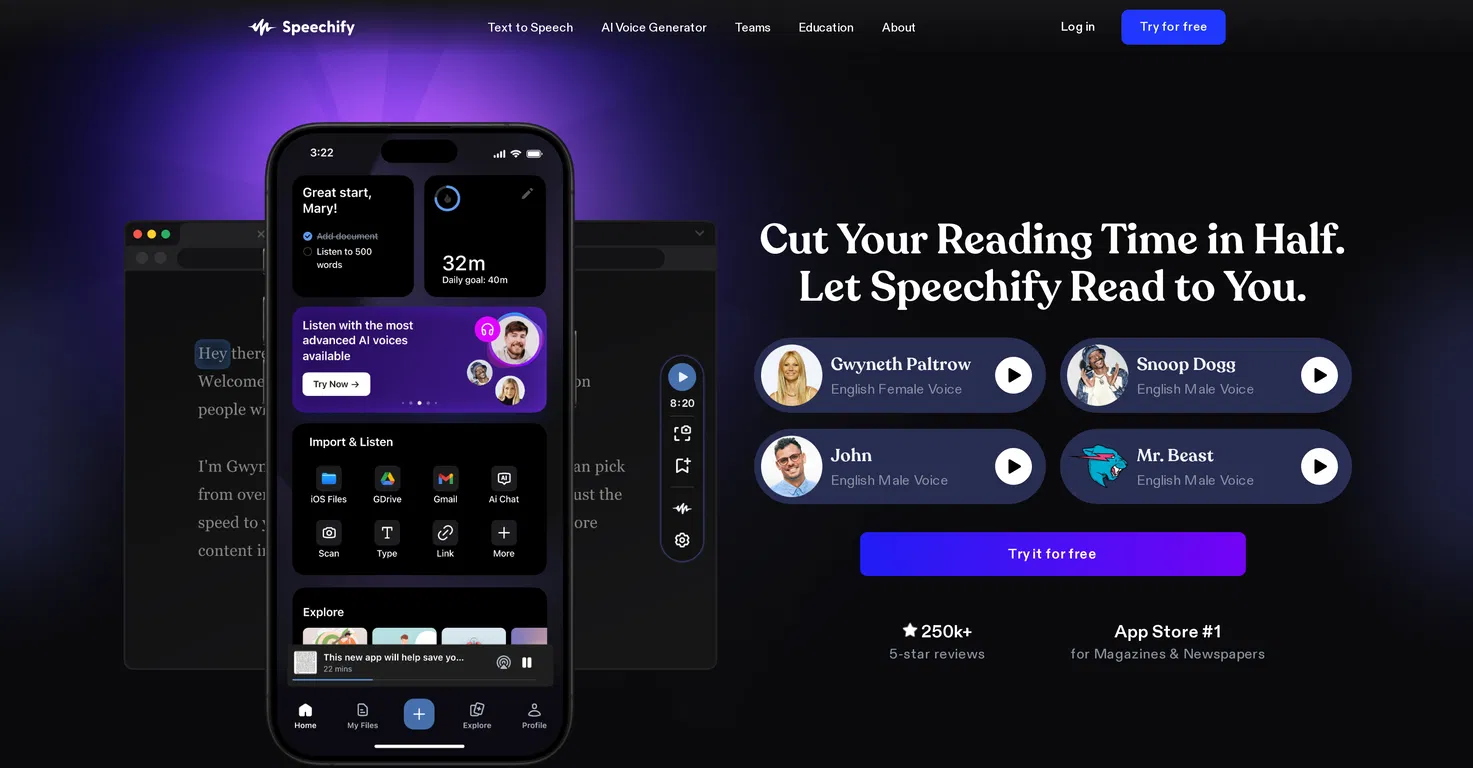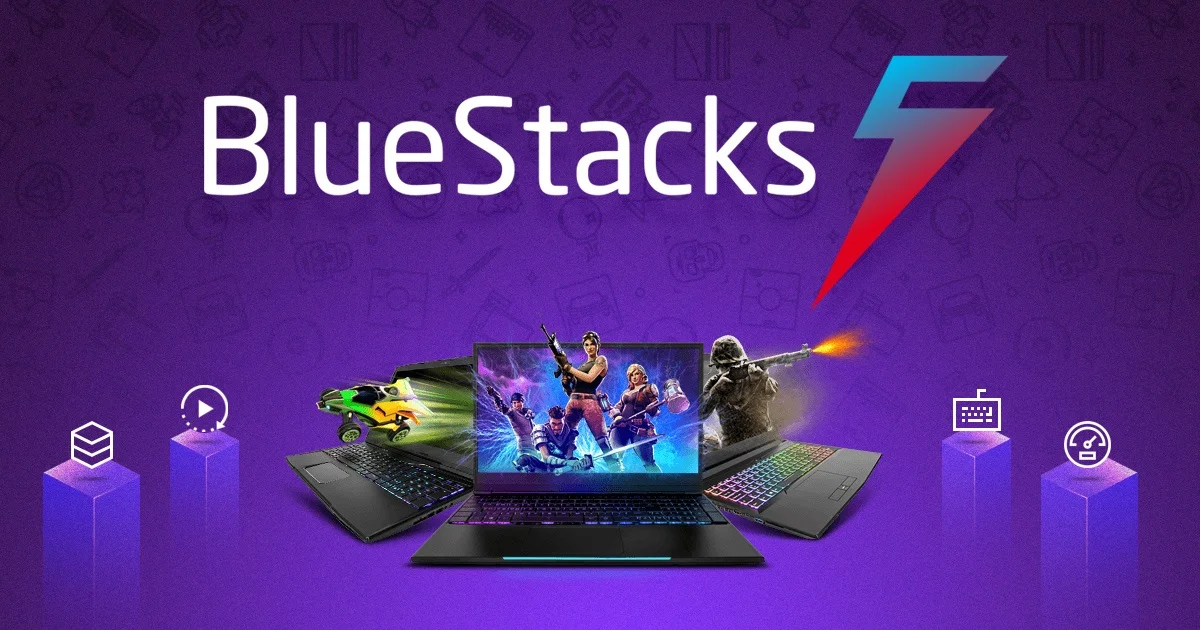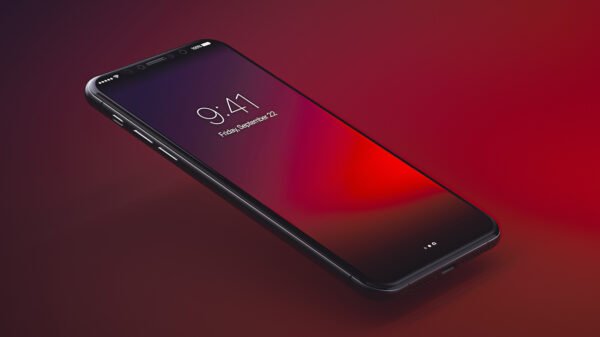In the rapidly evolving landscape of artificial intelligence, Speechify has taken significant strides with its AI voice cloning technology. This groundbreaking feature enables users to replicate human voices with stunning accuracy, offering a new dimension to text-to-speech (TTS) solutions. Whether for content creation, accessibility, or personal use, Speechify’s AI-powered voice cloning provides a seamless, natural-sounding experience.
What is Speechify AI Voice Cloning?
Speechify AI voice cloning is a cutting-edge technology that allows users to generate a realistic clone of any voice. By analyzing the vocal patterns, tone, pitch, and cadence of a speaker, Speechify replicates the voice in a digital format, enabling text to be read aloud in that specific voice.
Unlike traditional TTS engines that rely on pre-set voices, Speechify’s voice cloning technology allows for customization, offering users a personal and engaging auditory experience. The AI can reproduce celebrity voices, your own voice, or voices that meet specific needs, providing a versatile tool for many industries.
How Does Speechify AI Voice Cloning Work?
Speechify’s AI voice cloning works through a deep learning algorithm that processes large datasets of recorded human speech. Here’s a step-by-step breakdown of how it functions:
| Step | Description |
|---|---|
| 1. Voice Input | Users submit an audio sample of the target voice. It can be as short as a few seconds or a longer recording for better accuracy. |
| 2. AI Processing | Speechify’s AI uses advanced neural networks to analyze the voice’s unique characteristics, including tone, accent, and pitch. |
| 3. Voice Cloning | The AI generates a digital clone of the voice, allowing it to read any text in the replicated voice. |
| 4. TTS Output | The cloned voice is integrated into Speechify’s TTS system, allowing users to convert text into speech with the cloned voice seamlessly. |
Key Features of Speechify AI Voice Cloning
Speechify AI voice cloning brings several unique features to the table, enhancing user experience and broadening the use cases for TTS technologies.
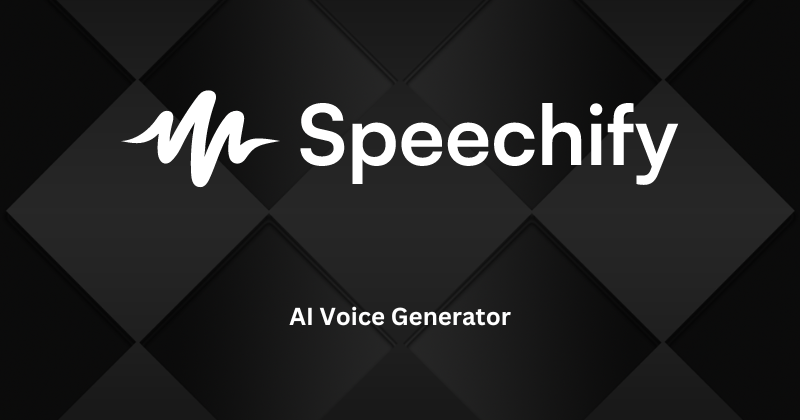
1. High-Quality Voice Replication
Speechify’s AI can replicate voices with near-human accuracy. The cloned voices are indistinguishable from the original, making it ideal for professional use cases like audiobooks, podcasts, and educational content.
2. Customizable Voices
Users can choose or create custom voices based on individual preferences or specific requirements. Whether it’s creating a brand voice for businesses or personalizing narration for projects, Speechify offers high flexibility.
3. Multilingual Support
Speechify AI supports multiple languages, making it accessible for a global audience. This feature is particularly useful for businesses that need to cater to diverse markets or for individuals learning a new language.
4. Cloud-Based Accessibility
Since Speechify is a cloud-based platform, users can access their cloned voices from any device, whether it’s a smartphone, tablet, or desktop. This ensures seamless integration and accessibility for users on the go.
Applications of Speechify AI Voice Cloning
The versatility of Speechify’s AI voice cloning technology opens doors to multiple industries. Here are some of the key applications:
| Industry | Application |
|---|---|
| Education | Teachers can create personalized learning experiences by using their voice to deliver content in a familiar, engaging manner for students. |
| Content Creation | YouTubers, podcasters, and audiobook creators can produce content using cloned voices to narrate their scripts or stories without the need for voice actors. |
| Business | Brands can develop consistent voice representations for virtual assistants, customer service chatbots, and automated response systems. |
| Accessibility | Visually impaired individuals can have their favorite books or articles read aloud in their voice or the voice of a loved one, enhancing the reading experience. |
Benefits of Speechify AI Voice Cloning
Speechify’s AI voice cloning offers numerous advantages, making it a popular choice for both individual users and businesses.
- Cost-Effective: Instead of hiring professional voice actors for every project, users can clone voices and generate high-quality audio content at a fraction of the cost.
- Efficiency: AI voice cloning can instantly convert written text into audio, speeding up the production process for content creators.
- Personalization: Custom voices can help individuals or businesses maintain a unique identity in their communication channels.
- Enhanced User Experience: For businesses, using voice cloning can improve customer interaction by creating a consistent and familiar voice for all automated services.
Comparison of Speechify AI Voice Cloning with Other TTS Solutions
| Feature | Speechify AI Voice Cloning | Traditional TTS Solutions |
|---|---|---|
| Voice Customization | Full customization of voices | Limited to pre-recorded voices |
| Accuracy of Voice Replication | Near-human accuracy | Standard robotic-sounding voices |
| Cost | Cost-effective, especially for large projects | Higher costs for voice actors or premium services |
| Languages Supported | Multiple languages | Limited language support |
| Ease of Use | User-friendly, cloud-based | Often requires complex setup |
External Links for Further Reading
Frequently Asked Questions (FAQs)
Q1: Is Speechify’s AI voice cloning legal?
A1: Yes, as long as users comply with copyright and voice usage regulations. Always obtain permission when cloning someone else’s voice to avoid legal issues.
Q2: How long does it take to clone a voice with Speechify?
A2: Speechify’s AI can clone a voice in as little as a few minutes, but longer recordings may take more time to process for better accuracy.
Q3: Can I use Speechify AI voice cloning for commercial purposes?
A3: Yes, Speechify allows users to leverage cloned voices for commercial purposes like content creation, advertising, and customer service.
Q4: What are the pricing options for Speechify AI voice cloning?
A4: Speechify offers various pricing models depending on the scope of use. For personal use, the pricing is more affordable, while businesses may require premium packages for larger-scale projects.
Q5: Is it possible to edit a cloned voice after it has been created?
A5: Yes, you can make adjustments to the cloned voice, such as modifying tone or pitch, to fit different contexts or needs.






